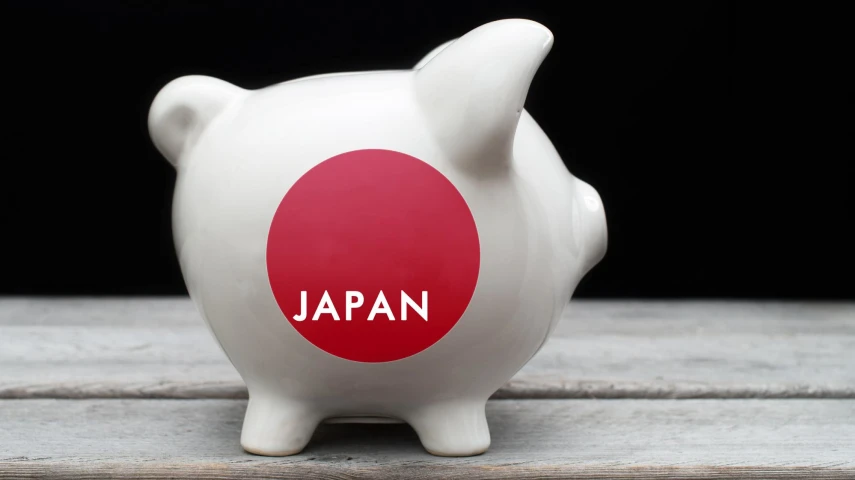Amundi outlines bond exposure amid BOJ rate hike



Amundi has detailed its current asset allocation in fixed income, stating it is defensive on Japanese government bonds as the Bank of Japan (BOJ) makes its first interest rate hike since 2016.
The firm said it is expecting a slowdown later this year and does not forecast a new cycle beginning yet.
In an update, Vincent Mortier, group chief investment officer, said: “On the economic front, the past strength led us to forecast a less ugly US slowdown, therefore extending the late-cycle environment. Nonetheless, we do not see this as a beginning of a new cycle and expect a slowdown around the middle of the year, and continued disinflation.
“The evolution of inflation will be the main driver of policy actions and, with that in mind, we remain active and positive on US and UK duration.”
It is defensive on Japanese government bonds, and the BOJ made its first interest rate hike in 17 years last month, rising from -0.1 per cent to a range of 0-0.1 per cent. Rates in Japan had been moved to negative in 2016 in a bid to stimulate the economy.
The BOJ also announced it will be moving away from controlling bond yields under the yield curve control (YCC) policy, a historic shift for the central bank. The policy was implemented in 2016 – the same year as rates moved to negative – but has received criticism for distorting markets.
Mortier said the firm is positive on UK and US duration, and close to neutral weighting on Europe in light of dovish messaging from the European Central Bank (ECB). Rates in Europe are currently sitting at 4.5 per cent, but cuts are forecast for later in the year, possibly as early as June.
In the corporate credit space, Amundi said the fundamentals remain strong for investment grade, but the firm is concerned that default rates are rising in CCC credit, especially in the US. It favoured investment grade over high yield in Europe where it preferred BB.
“Therefore, higher dispersion based on quality is likely. Thus our focus is on quality and we find lower maturity credit selectively attractive,” it noted.
Recommended for you
Sydney investment manager Vado Private has welcomed a new director and head of funds management to its team as it seeks to grow its presence in the Australian private credit market.
Clime Investment Management has been appointed by a US investment firm to manage a portion of its multi-asset fund with managing director Michael Baragwanath hopeful that increased revenue can boost its domestic operations.
A potential deal between Platinum Asset Management and L1 Capital may unlock cross-selling benefits but will be unlikely to reverse structural challenges facing active managers, according to Morningstar.
Global fund manager Janus Henderson has reported four consecutive quarters of positive flows and is hopeful of its strategic partnership with Guardian Life opening up new intermediary channels.















